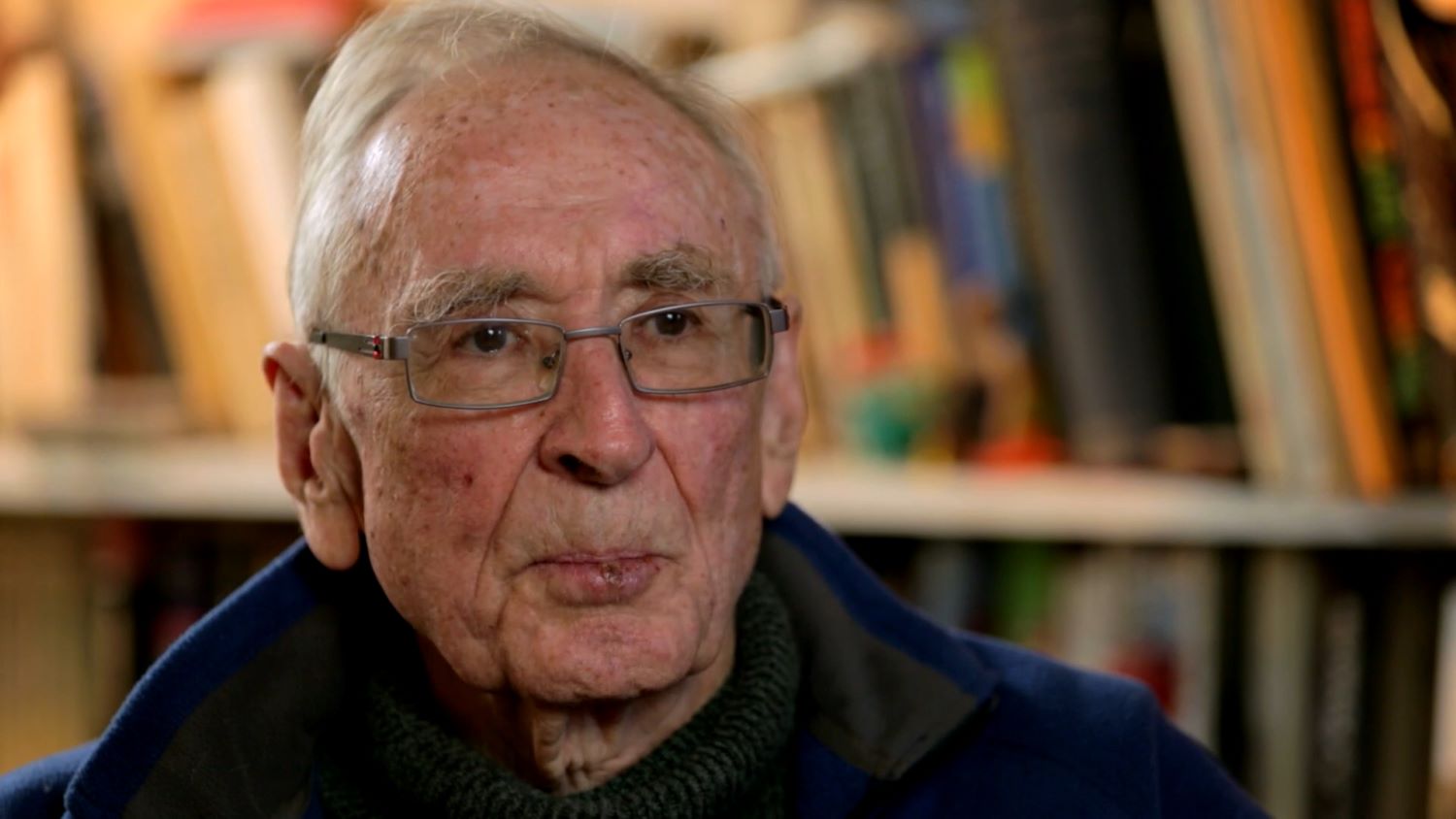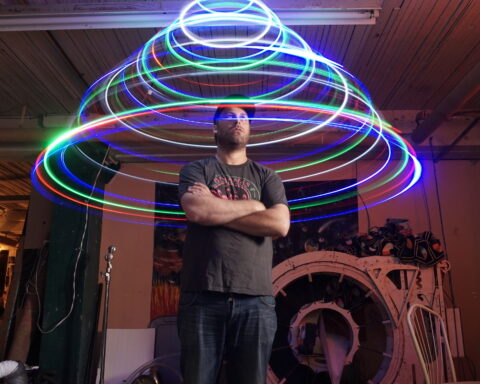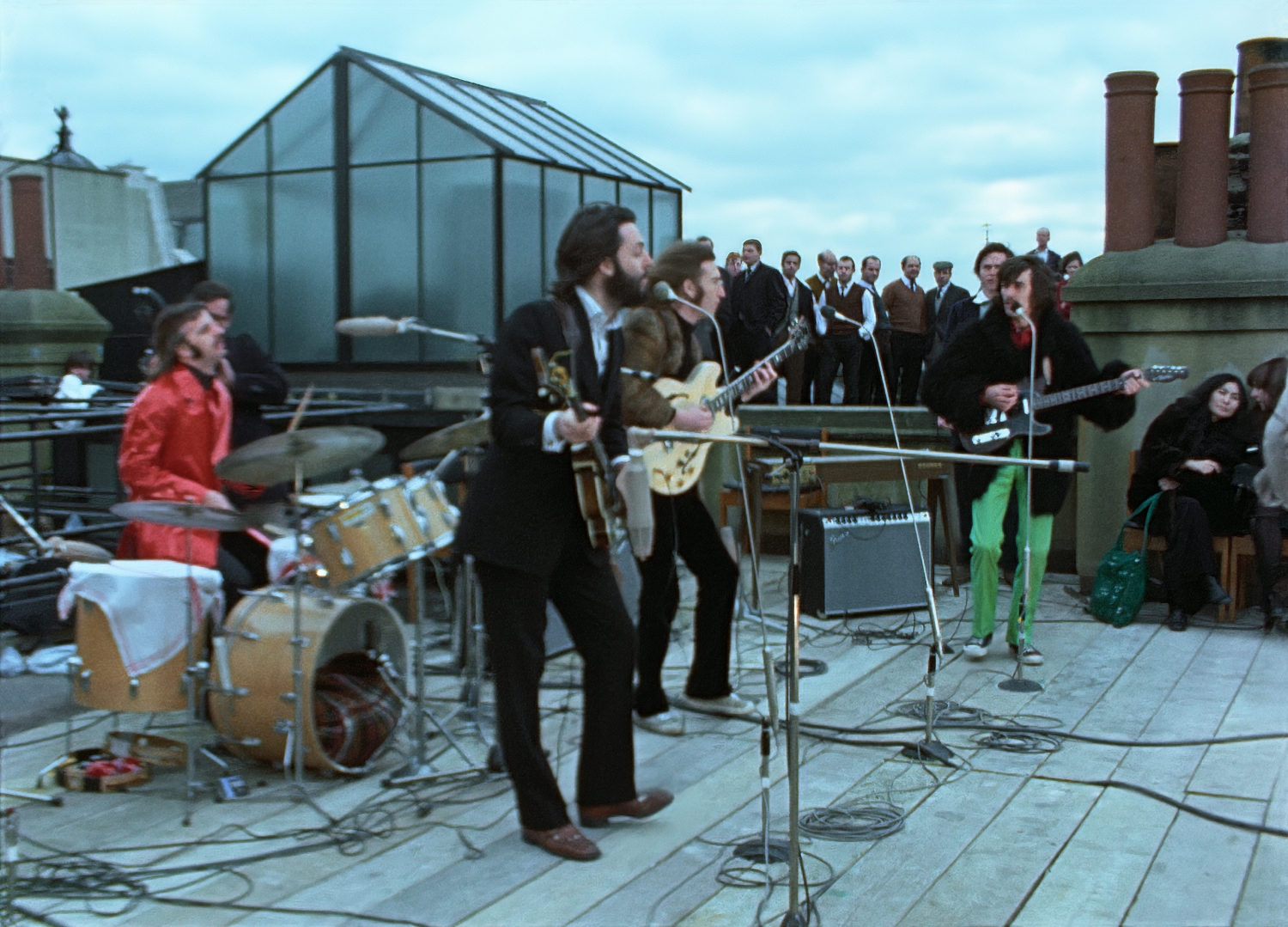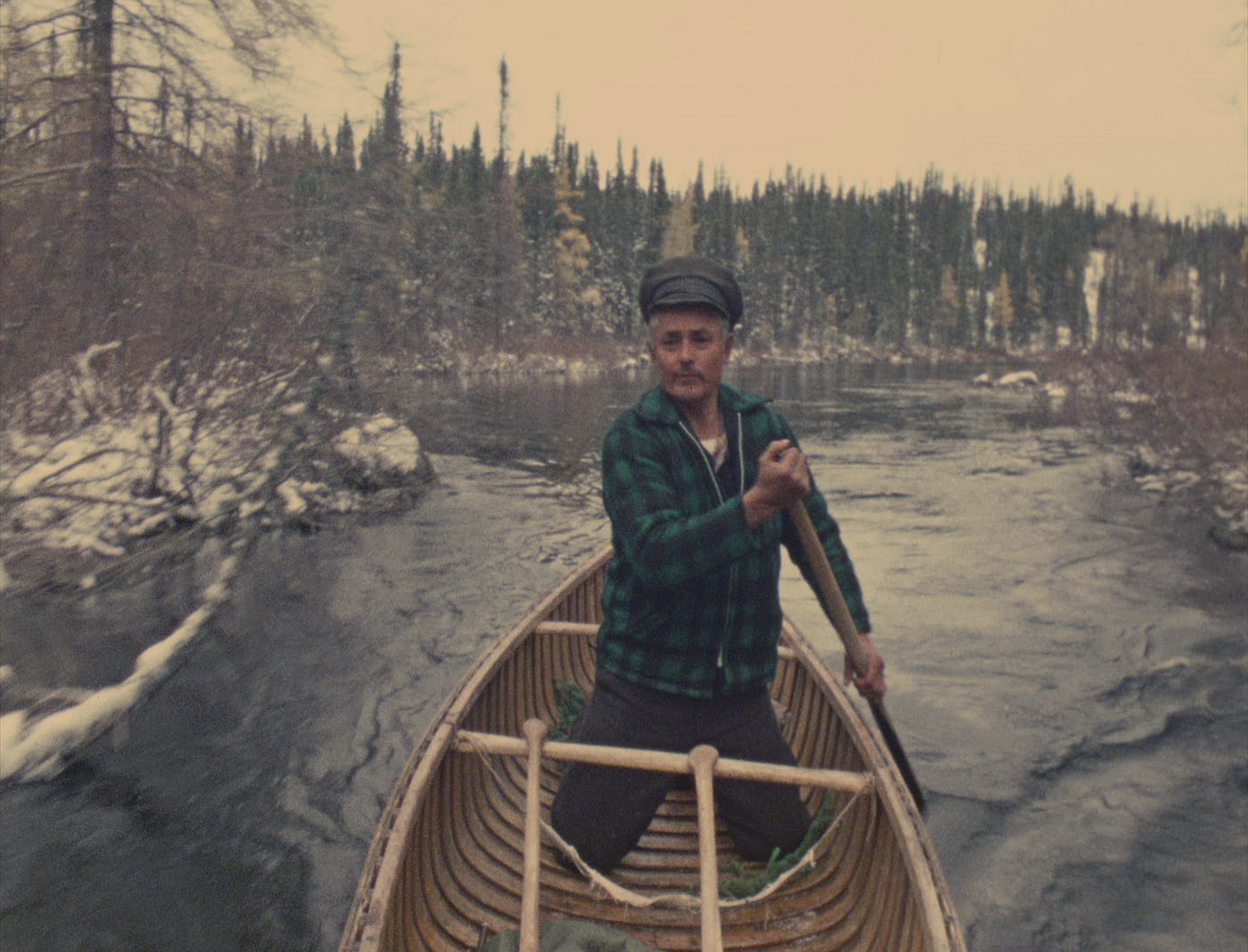Influential Canadian filmmaker Terence Macartney-Filgate has died at the age of 97. His passing was announced on social media by the National Film Board of Canada, where he made 31 documentaries over a span of 40 years. The Board confirmed his death.
“With the passing of Terence Macartney-Filgate, the NFB has lost a dear friend and passionate champion of documentary cinema,” said Claude Joli-Coeur, NFB Chairperson, in a statement from the Board. “A key figure in the NFB’s legendary Unit B and its Candid Eye series, he helped to revolutionize non-fiction storytelling. Terry would go on to make historic contributions in the independent sector, both in Canada and the US, and as an educator at York University. Whatever he did, he approached with his enormous talent and dedication. Our thoughts are with his family at this time.”
Born in England in 1924, Macartney-Filgate was recruited by the NFB in 1956 and began his career in documentary writing instructional films on a range of subjects. His first film at the Board was 1956’s Emergency Rescue – T33 Jet Aircraft. (Coincidentally, he caught the documentary bug after seeing the 1936 doc Night Mail, narrated by John Grierson, who became the NFB’s first film commissioner when it was founded in 1939.) Macartney-Filgate was involved in one of the most influential filmmaking movements in Canada with his work in Unit B of the NFB, out of which the Candid Eye series emerged.
🕯️ It is with great sadness that we learn that long-time #NFB collaborator and documentarian Terence Macartney-Filgate has passed away at age 97. We offer our sincere condolences to his loved ones and remember him today through his incredible work → https://t.co/LOI6mwsd1v pic.twitter.com/7hlPHHddsx
— National Film Board of Canada (@thenfb) July 12, 2022
“We didn’t think we were doing anything special,” Macartney-Filgate said of the Candid Eye films to Markham Cook in a 2011 POV profile. “They were just stories we wanted to tell. And this was the way to tell them.”
A Candid Eye
The Candid Eye films, shot with lightweight equipment, forged new approaches within the direct cinema movement. They helped put Canadian film on the map worldwide. Macartney-Filgate worked closely with a group of NFB mavericks including Wolf Koenig, Roman Kroitor, Michel Brault, Stanley Jackson, and William Greaves. His Candid Eye films as a director included Police, Blood and Fire, Pilgrimage, and The Days Before Christmas. Blood and Fire won Best Documentary at the Canadian Film Awards, while The Days Before Christmas was one of the series’ influential early works. Its use of handheld 16mm cinematography afforded its subjects a sense of immediacy and non-judgmental observational style.
“The idea with the handheld camera was to free oneself, to go where the scene went,” the director told Cook. “But you had to have a kind of a sixth sense about what would be useful, what was working.”
Macartney-Filgate might best be known for one of his final films made at the NFB during that period, The Back-breaking Leaf (1959). The film won the Eurovision Grand Prize at Cannes (with the filmmaker later receiving the award in tatters from the NFB) and drew wide acclaim for the poetic realism of its portrait of tobacco workers in the fields of Ontario.
The Back-breaking Leaf, Terence Macartney-Filgate, provided by the National Film Board of Canada
From NYC to the CBC
The film and his other work with the NFB led to opportunities in New York City, including a position with filmmaker Robert Drew. There, Macartney-Filgate collaborated with several figures who became among the most widely recognized names in America’s cinéma vérité movement, including Albert Maysles, D.A. Pennebaker, and Richard Leacock, although he didn’t quite gain the same prominence they received despite the obvious influential of his Candid Eye years on their work. For example, Macartney-Filgate served as a cameraperson and cutter on Drew’s acclaimed documentary Primary (1960) about the Democratic primary race between John F. Kennedy and Hubert Humphrey, which reflected techniques used by the Candid Eye crew.
Macartney-Filgate eventually returned to the NFB where he contributed to another of the Board’s ground-breaking movements: Challenge for Change. The program harnessed the socially democratic potential for documentary by working in close collaboration with subjects from marginalized communities to tell their stories. His credits from this period included the six-part doc series Lewis Mumford on the City (1963) and Up Against the System (1969). He returned to New York to reteam with his Candid Eye cohort William Greaves and he shot Greaves’ genre-bending film Symbiopsychotaxiplasm: Take One (1968).
In later years, Macartney-Filgate produced a significant body of at the CBC. His credits from the period included Lucy Maud Montgomery: The Road to Green Gables (1975), Dieppe 1942 (1979), and Timothy Findley: Anatomy of a Writer (1992) before returning to the NFB for his final work at the Board, Canada Remembers (1995). Macartney-Filgate won many of the top accolades in Canada for documentary including the Donald Brittain Award for best social/political documentary for Timothy Findley: Anatomy of a Writer, and in 2011 he received Hot Docs’ Outstanding Achievement Award and was made an Officer of the Order of Canada.
Read more about Macartney-Filgate in this 2011 profile and watch his films at the NFB.
Update: This article previously stated that Terence Macartney-Filgate was 98 at the time of passing. He was 97 and would have turned 98 on August 6.













